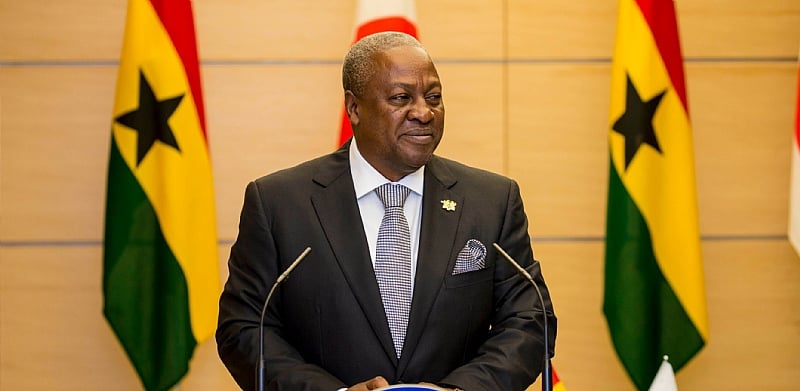Ghana’s Role and Expectations at UNGA 80
The Kudus Research and Advocacy Center, a Ghanaian organization, offers insights into the expectations for President John Dramani Mahama at the 80th session of the United Nations General Assembly (UNGA). Given the evolving global landscape and Mahama’s previous experience at the UN, the Center emphasizes the importance of a strategic approach to maximize Ghana’s impact and secure beneficial outcomes for the nation. This necessitates a carefully selected team of advisors and experts, a modest budget, and a focus on impactful sideline meetings rather than solely on the General Assembly address.
Key Priorities for President Mahama at UNGA 80
The Center highlights several key areas for President Mahama and his team to prioritize. Firstly, Ghana’s stable democratic record should be leveraged to attract partnerships and funding for programs that further strengthen democratic institutions and constitutional rule. Secondly, given the global focus on climate change, strategic meetings with relevant countries, organizations, and individuals should be pursued to secure funding and support for climate-related initiatives in Ghana. Thirdly, the advancement of artificial intelligence and modern technology should be addressed. Meetings with technologically advanced nations like the US, China, and Japan are recommended to explore opportunities for technology transfer, investment, and the development of relevant policies and regulations.
Trade is another critical area for discussion. The current global trade landscape, marked by shifting tariffs and trade wars, necessitates that Ghana seeks new trade deals and reviews existing ones to ensure favorable terms and promote Ghanaian exports. The ongoing migrant crisis also demands attention. Discussions should focus on addressing the root causes of migration within Ghana, such as unemployment and lack of opportunities. Furthermore, the influx of migrants from neighboring countries into Ghana due to its relative stability should also be discussed, seeking support from relevant organizations and philanthropists.
Addressing Sustainable Development Goals and Human Rights
Achieving the Sustainable Development Goals (SDGs) is another key expectation for President Mahama at UNGA 80. The Center recommends highlighting Ghana’s progress in this area, particularly in education and healthcare, and seeking further support and funding for SDG-related programs and policies. Human rights, gender equality, and the respect for minority groups should also be emphasized. This includes advocating for the rights of LGBTQ+ individuals and addressing concerns related to women’s rights, women’s political participation, and girl child education.
First Lady’s Role and Promoting Ghanaian Culture
First Lady Lordina Mahama’s participation should focus on gender equality, human rights, and education, potentially exploring the role of First Ladies in climate action. The Center also encourages President Mahama and his team to showcase Ghanaian culture by wearing traditional attire like Kente and Smock, gifting these items to other leaders and their spouses as a symbol of Ghanaian heritage.
Hypothetical Speech and Key Messaging
The Center suggests that President Mahama’s speech should be concise, focused, and devoid of domestic political rhetoric. Key themes should include Ghana’s democratic credentials, the impact of the global trade war on the Ghanaian economy, the Russia-Ukraine war and its repercussions, conflicts in Africa, and Ghana’s progress in various sectors such as agriculture, education, health, and technology. The speech should also emphasize Ghana’s commitment to achieving the SDGs and promote the country as an attractive destination for foreign investment.
Navigating Geopolitical Challenges at UNGA 80
The Center advises President Mahama to navigate the complex geopolitical landscape cautiously, avoiding taking sides in contentious issues where possible. The focus should remain on securing economic and political benefits for Ghana. The recent press release mandating authorized letters from the Chief of Staff for any transactions by delegates is commended as a step towards ensuring accountability and preventing unauthorized dealings.
Conclusion and Significance
The Center’s analysis underlines the importance of strategic planning and engagement for President Mahama’s delegation at UNGA 80. By prioritizing key areas, leveraging Ghana’s strengths, and navigating complex global issues effectively, the delegation can secure significant benefits for the nation and contribute meaningfully to global discussions. The Center’s recommendations aim to equip President Mahama and his team with insights and strategies to ensure a successful and impactful participation at UNGA 80, ultimately advancing Ghana’s interests on the world stage.


